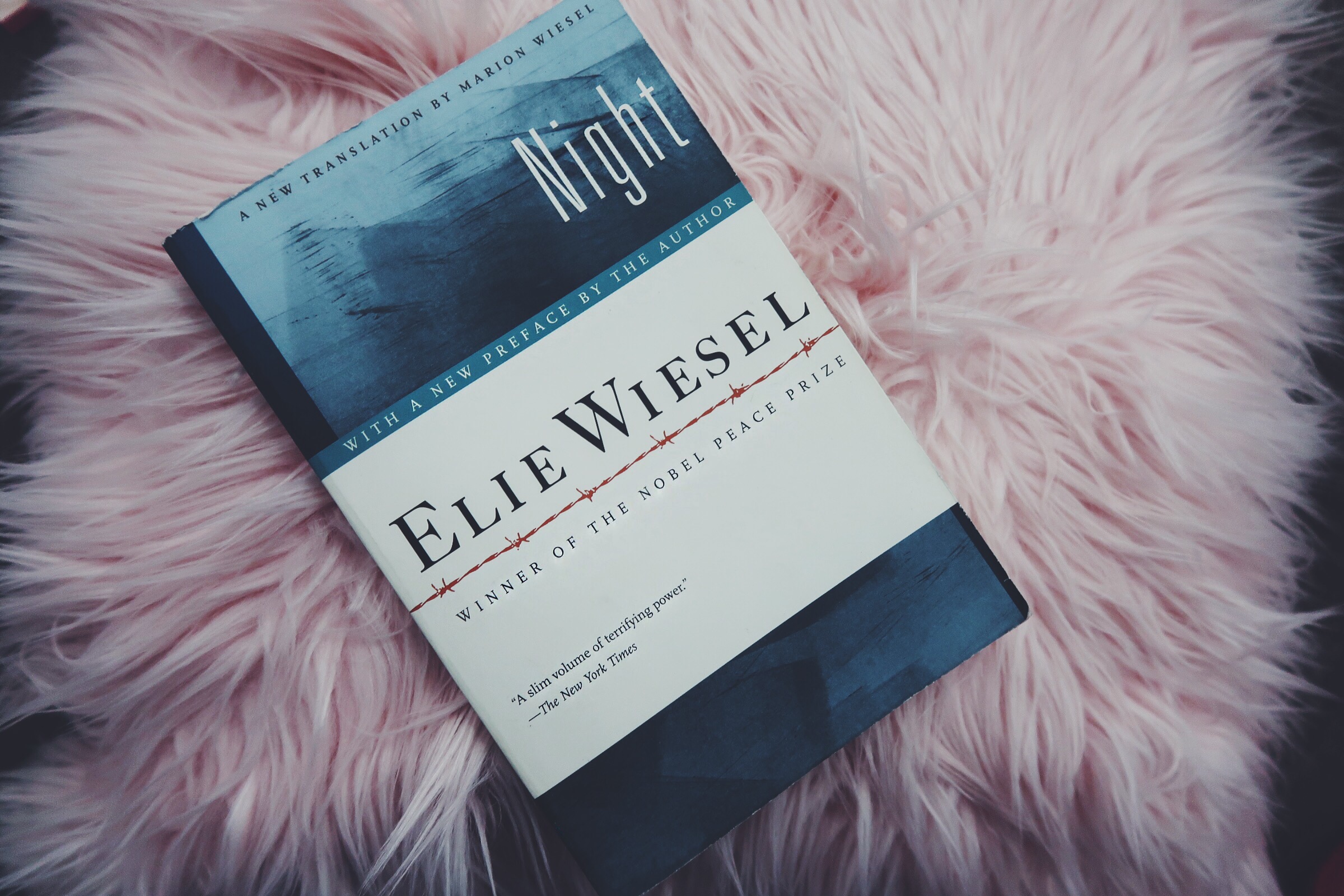If not gothic literature, then what? You see, most language students have the propensity of getting sick of the use of overused words or phrases. They don’t always want to say this, they want to say that or something in line. Haha. I think I understand how it feels, and I’m ready to help. Let’s explore together.
How else can you say Gothic Literature?
Gothic fiction is not only the most commonly used phrase instead of gothic literature, it has also appeared to be the closest in meaning to the phrase, standing the test of time for years.
There are a number of other words and phrases that can seemingly replace ‘gothic literature’ too, but you want to be careful with their usage as some of them are so contextual. They can’t just fit into all contexts. In any case, the following words (or group of words) are some other ways to say gothic literature:
Supernatural literature (this depicts a significant theme in most gothic works), ancient literature (or old literature, they are usually perceived as old-fashioned form of writing), medieval lore, arty-farty fictions (they were relatively self-indulgent writings, more common during the renaissance period), strange literature (weird scenes are not uncommon to gothic plots), and medieval literature among others.
We say mediaeval literature (which I think I’d also rather go for if not gothic fiction, if I were you), because gothic works became prominent in this period. It was also the time of the graveyard poets, do you remember? Their works notably inspired anything now defined gothic. They wrote about death, supernatural and especially weird events—mostly imagined.
Gothic poetry is also known as what?
As is the case with gothic literature, some people also want to know what other ways one can possibly say ‘gothic poetry’. Are there possibly any? Let’s see.
Over the years, the phrase gothic work has been used in lieu of gothic poetry, and it appears like a good choice, since it is like an encapsulation of any form of gothic writing—say even gothic drama or so.
But I fear you may not want to get ‘gothic’ included in the alternative you seek, so you may have to consider my other suggestions:
– Medieval Lore – Some litteratuers may also see it fit to put gothic poetry as gothic fiction or mediaeval lore. Yes, medieval lore has also got to appear here because the stories attributed to this aspect of literature are commonly sharing features with what is now known as gothic literature.
– Vathek – I’ve heard some scholars say stuff like Vathek or Vathek-like when referring to works that are ordinarily gothic.
Of course Vathek is one William Beckford’s 1786 work of gothic that gives the impression that it can stand in, analogous to the genre. Don’t use this option in the gathering of laypeople. Those familiar with gothic works are pliable to interpreting you better.
In a nutshell, don’t bother yourself so much trying to find what is not already existing. Do make judicious use of some options we highlighted as synonymous with gothic literature earlier.
If you know how, I’m sure you can even say gothic literature/poetry without using any word you specially learnt. For me, I could say horror works (or so) and believe I’ve said something in semblance of gothic literature, at least. Just understanding what the concept is about and putting it in your words could be just fine.
Who Was The First Gothic Poet?

The first gothic poet, as much as I could possibly gather, has become a bone of contention in the world of Literature till date.
You cannot really lay hold of the first poet who wrote something that is qualified to be gothic. For instance, Horace Walpole is only the first writer to come up with a fictional work officially recognized as a gothic fiction, he is not necessarily the first gothic author, as is the case with Plato who first coined the word Philosophy but isn’t the first philosopher. It happens, the world is now advanced. Back in the day, a lot of events weren’t duly recorded.
Thorough research has, however, shown that either Thomas Parnell or Alexander Pope is the first gothic poet. Consequently, in a previous publication, I argued that Thomas Parnell might have been the first gothic poet. Arguably, that must have been the case.
You should read that composition and say what you feel—it is tentative and subject to further research.
Conclusion
If you don’t have a ground understanding of the concept of ‘gothic literature’, you may find it difficult to replace on your own. Some attributes to look out for in a gothic writing include but are not limited to the theme of death, nature (mostly supernatural), and horror.
A gothic book can get its reader(s) terrified. It is strange, old, arty-farty, medieval, and often metafictional in scope.
Share


